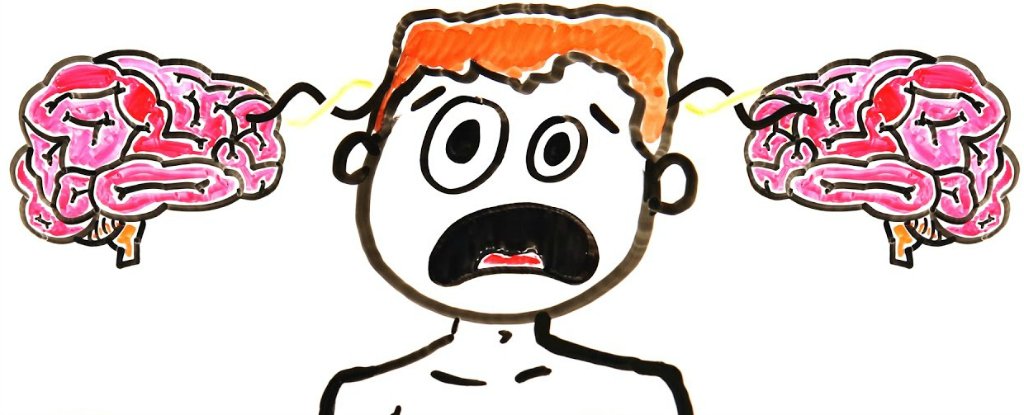It’s not as much fun as you’d think.
Plenty of diets encourage lowering, or increasing your meat consumption – the Mediterranean diet wants you to eat less meat, and if you’re on the paleo diet you’ll probably eat more – but what would happen if you exclusively ate meat?

Well, it turns out, we’re just not built for it.
According to the video below by AsapSCIENCE, without the good old fibre in legumes and vegetables you’d be very constipated – this actually happens with body builders who eat too much protein.
Besides that, the easiest way for your body to create energy is to convert carbs into glucose, when you take that away your body starts burning fat and important proteins.
Interestingly enough, lean meats like rabbits are so low in fat and high in protein that you can get something called protein poising if you don’t find fats from other sources.
The US Military Arctic Light Infantry Training (ALIT), it’s taught that rabbit takes more vitamins to digest than eating it does, and in survival situations they recommend not eating at all if rabbit is the only thing to eat.
As the video below explains, another potential killer to consuming just meat could be the lack of vitamin C.
Humans are unfortunately one of the few animals which doesn’t produce our own, meaning we have to get it from fruits and veggies. Without it, our body doesn’t produce collagen, and we can get every pirate’s favourite, scurvy.
There’s actually a solution to this, but it’s a bit stomach churning – eating raw meat. As the AsapSCIENCE guys explain, the skin and blubber of raw meat actually contains high amounts of vitamin C, but the cooking process destroys it.
If you were to eat it raw, you’d be all good for your vitamin C intake, but you might also up your count of bacterial diseases depending on how fresh the meat is.
But here’s the thing – Inuit populations in Canada pretty much exclusively ate fish and other sea creatures, with minimal fruit, veggies, animal products, or carbs.
They still need the same nutrients as the rest of us – so what gives?
We’ll let the video above explain that one, but for everyone else, we would definitely recommend eating your fruit and veggies – it’s literally a life saver.
